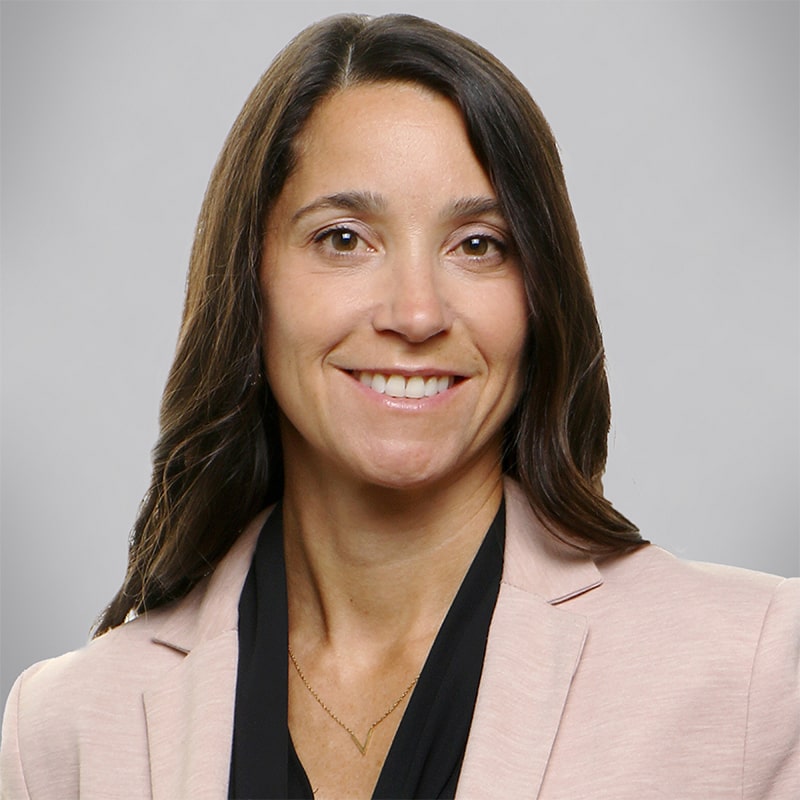Like its legal structure, the firm is governed by three separate boards of directors:
- Professionals’ Financial Inc. (hereinafter Professionals’ Financial), which wholly owns the other two legal entities mentioned below
- Professionals’ Financial – Mutual Funds Inc. (hereinafter Mutual Funds), which is a portfolio manager and a mutual fund dealer which manages the funds of its family of funds, and which offers financial planning advisory services
- Professionals’ Financial – Private Management Inc. (hereinafter Private Management), which is an investment dealer member of the Canadian Investment Regulatory Organization (CIRO) and the Canadian Investor Protection Fund (CIPF) which offers portfolio management services.
The boards of directors of Professionals’ Financial and Mutual Funds are made up of representatives from each of the professional association shareholders. Their expertise is complemented by that of independent directors, while the Private Management board of directors includes the chairman of this board, the chairman of the board of Professionals’ Financial, a representative of one of the professional association shareholders, the firm’s Vice-President, Finance and Operations, and an independent director.
With the help of their committees and the management team, the boards of directors have implemented sound management standards and practices that value ethical behaviour, which underpins the firm’s governance culture.
Board’s role
The role of the Board of Directors is to establish the organization’s governance structure and general directions and to monitor and motivate the executives’ adherence to them. Our directors assume their obligation of result and duty to be accountable at all times.
Responsibilities of the directors
The directors’ conduct in their activities, both inside and outside the firm, sets the example for employees and is part of the organization’s compliance culture, which has the active, moreover, has the active, sustained commitment and support of senior management.
The directors are responsible for establishing the organization’s Code of Ethics and Professional Conduct, which also applies to them, and to review and follow up on reports they receive from the Chief Compliance Officer on the organization’s compliance status.
The Board of Directors is also mandated with maintaining various committees (Audit and Risk Management Committee, Human Resources Committee, Nominating and Governance Committee, Investment Committee). These committees share their expertise during board deliberations and make recommendations to optimize the firm’s governance.























